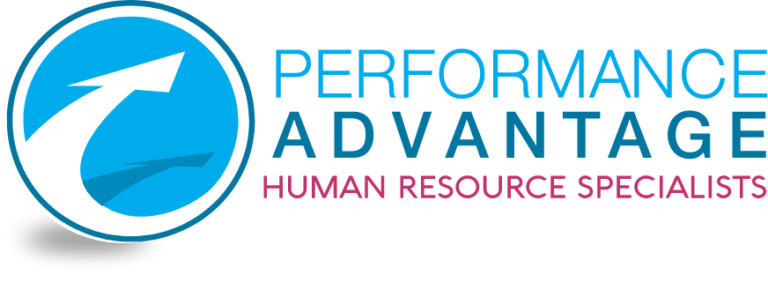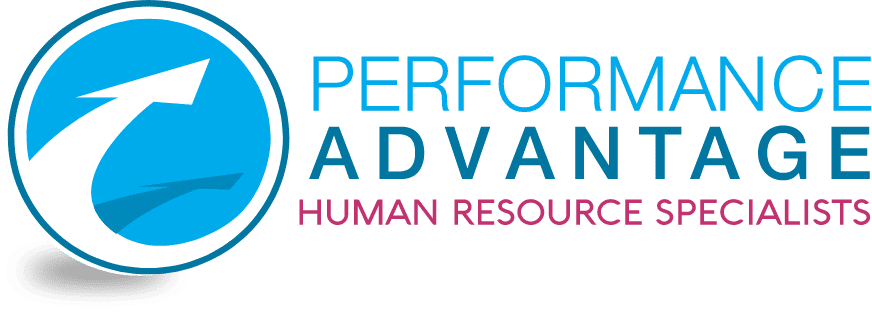
Offboarding and Exit Interview Essentials
When an employee leaves your company, it’s not just a goodbye. It can also
be an opportunity!
Exit interviews are a critical part of the offboarding process, offering insights
that can help you refine your workplace culture, improve employee
retention, and ensure the smooth transition of roles.
What is an Exit Interview?
An exit interview is a vital conversation between a departing employee and
a member of your HR or management team. This dialogue serves to collect
valuable insights into the employee’s experiences within the company,
allowing them to express their thoughts on job satisfaction, management
styles, workplace culture, and potential improvements.
As a critical part of the offboarding process, exit interviews help
organisations understand the reasons behind employee turnover and
identify areas for enhancement.
Why Are Exit Interviews Important?
Exit interviews provide a unique opportunity to gather honest, unfiltered
feedback from employees who are leaving. Departing staff members often
feel freer to share their true feelings without fear of repercussions, revealing
issues that may not emerge during regular performance reviews.
For example, employees may point out systemic problems such as poor
management practices or inadequate career development opportunities.
Recognising and addressing these issues is essential for reducing turnover
and retaining valuable talent. By understanding these pain points, your
business can take proactive steps to enhance employee satisfaction,
engagement, and productivity.
Benefits of Exit Interviews
Conducting exit interviews can significantly benefit your organization by:
– Improving employee retention
– Enhancing workplace culture
– Streamlining the offboarding process
– Strengthening your employer brand
Best Practices for Conducting Exit Interviews
To ensure effective exit interviews, consider these best practices:
- Timing: Schedule the interview close to the employee’s departure date to
encourage thoughtful feedback. Timing it too early or late can lead to a loss
of valuable insights. - Neutral Interviewer: Use someone other than the employee’s direct
manager to facilitate the discussion. This helps create a safe space for
honest dialogue. - Confidentiality: Assure departing employees that their feedback will be
confidential, which fosters trust and openness. - Structured Questions: Employ a consistent set of questions to make it
easier to identify patterns and trends while remaining flexible to explore
unique concerns. - Active Listening: Show genuine interest in the employee’s feedback by
practicing active listening and asking follow-up questions to clarify important
points.
Common Mistakes to Avoid
While exit interviews can be highly beneficial, they can miss the mark if not
conducted properly:
- Viewing as a Formality: Treating the interview as just another task can
lead to insincere interactions and superficial feedback. These discussions
should be viewed as valuable opportunities for improvement. - Ignoring Positive Feedback: It’s crucial to acknowledge both successes
and challenges to get a complete view of the employee’s experience.
Involving Direct Supervisors: Having a direct supervisor present can
inhibit honesty. Instead, use a neutral party for the discussion. - Neglecting Feedback Implementation: Failing to act on the insights
gained can erode trust and discourage future feedback. Take the necessary
steps to implement changes based on the feedback received.
Conclusion
Exit interviews are a powerful tool in your offboarding process, offering
valuable insights that can shape your organization’s future success.
Key Takeaways:
- Schedule exit interviews close to the employee’s departure and
ensure confidentiality to foster honest dialogue. - Utilise a structured approach to gather comprehensive data for trend
analysis - Use the insights gained to drive meaningful changes within your
organisation.
Interviewing an employee leaving your employment always feels a bit
confusing at first, so Performance Advantage is here to help you gather
valuable information through this process that your business may not
otherwise have access to.
After you do it once, you will see for yourself just how crucial they can be, so
contact us on 0408 897 079 or at
suzanne@performanceadvantage.com.au to get started!





